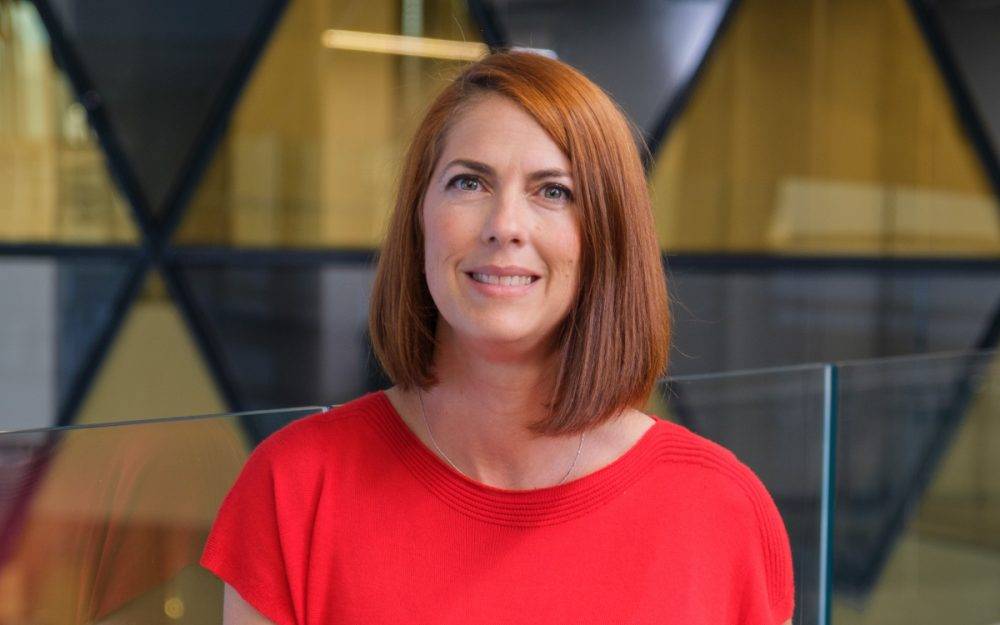Tshego Bokaba, Group Corporate Social Investment Manager at Momentum Metropolitan Holdings.
Many South Africans become entrepreneurs simply because they have to, and it’s a nerve-wracking journey for most
When statistics show that more than 70% of small businesses fail in the first two years, it’s confirmation that starting a business is in itself a risky act. It is not surprising, then, when you review the literature around entrepreneurship that risk tolerance is defined as one of the key traits for a successful entrepreneur.
According to a 2017 study conducted by Harvard Business School, the weight of the evidence from their research suggested that individuals with greater risk tolerance are more likely to enter entrepreneurship. “The realities of business venturing (and subsequent rates of failure) make it quite reasonable that a would-be entrepreneur needs to be one who can tolerate a lot of risk, but it is very important to push onwards,” the report said.
However, in a country like South Africa — which is plagued by low economic growth prospects and a stubbornly high unemployment rate — many pursue entrepreneurship just to survive, not because they are following their natural ambitions. They do this regardless of their appetite for risk, because they do not have the luxury to choose to walk away from the risk. Add to this the inadequacies of the local entrepreneurial landscape, which is under-resourced and lacks adequate support structures, and you have entrepreneurs who are under immense pressure and who struggle to manage risk.
Tshego Bokaba, Group Corporate Social Investment Manager at Momentum Metropolitan Holdings, works with many entrepreneurs through programmes supported by the Momentum Metropolitan Foundation, and she underscored the importance of the right financial advice for entrepreneurs.
“Given the many business growth inhibiting factors that are outside the control of business owners, such as load-shedding and water issues, making solid financial plans with a financial adviser, saving where possible and finding ways of upskilling yourself are the best ways to gain a solid foothold on the future.”
This, of course, includes the right financial advice to mitigate risk in business — no matter what your risk appetite.
It was Jeff Bezos, founder, executive chairman, former president and CEO of the world’s largest e-commerce and cloud computing company Amazon who famously said this about risk in an interview: “Good entrepreneurs don’t like risk, they seek to reduce risk. So starting a company is already risky and then you systematically eliminate risk step by step in those early days until you can get a company [running].”
As the economy stagnates, it puts many under pressure to have side hustles — which are also becoming a necessity rather than a choice. The 2023 Momentum SMME and Side Hustle Report has highlighted that making the move from an employee/side hustle to becoming self-employed requires individuals to take risks. Implicit in this is the big possibility of failure, which unlocks high levels of fear of failure.
 Monique Schehle, Insights Lead: Strategy and Planning at Momentum Metropolitan Holdings.
Monique Schehle, Insights Lead: Strategy and Planning at Momentum Metropolitan Holdings.
“We need to bear in mind that many of the people running side hustles are not born entrepreneurs and are not running a business for the love of it, but out of sheer necessity,” stated Monique Schehle, Insights Lead: Strategy and Planning at Momentum Metropolitan Holdings. “The toll on mental and physical health of running a second and sometimes third business can be serious.”
The time and effort that is needed to establish and sustain a side hustle is considerable – even a small back bedroom business needs attention, and this means time away from the family, and levels of exhaustion that detract from 9 to 5 work performance.
The 2023 Momentum SMME and Side Hustle Report confirmed that around 14% of South African households are engaged in a side hustle, with 12% of these reporting they are running two or more businesses.
“What used to be categorised as passion projects for some determined entrepreneurs are now business ventures that are topping up people’s incomes,” said Schehle.
Even for those with side hustles, the right financial advice can go a long way in easing some of the stress and providing expertise on how to better manage your money and reduce the risk to yourself, finances and even your family.
The report also highlights how even for those who make a real go at their side hustle, that transition to becoming self-employed is a risky act, with high levels of associated fear. Embracing risk is a part of the journey of every successful entrepreneur and the right advice can help entrepreneurs get comfortable with that risk and confident in navigating it.